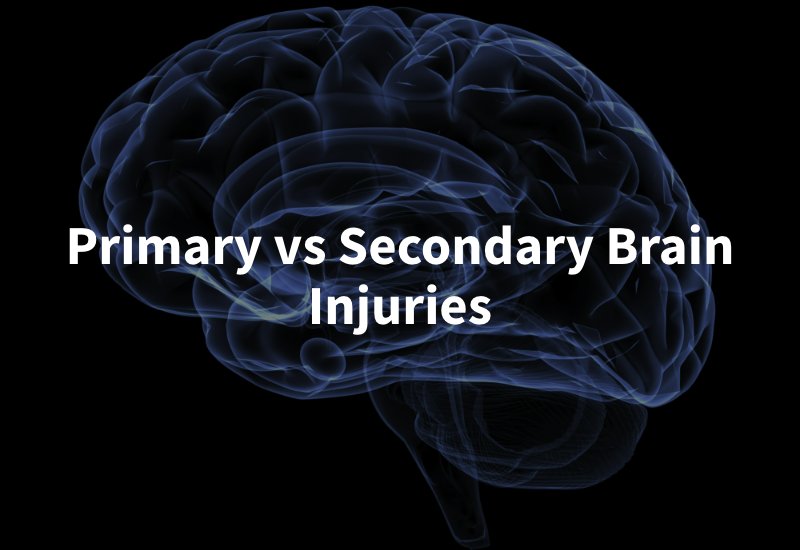A brain injury is one of the most serious types of injuries that a person can suffer in an accident in Colorado. While some victims die immediately due to the extent of a traumatic brain injury, most deaths take place over a period of time, such as hours or days. The explanation for this delay lies in the difference between a primary brain injury and a secondary brain injury.

A primary brain injury takes place at the time of impact, penetration or another type of traumatic brain injury. At the moment that the skull sustains injury in a car accident, fall, ski accident or shooting, the primary brain injury occurs. A secondary brain injury describes damage to the brain that ensues afterward. It is the secondary brain injury that is typically fatal for victims.
The brain is an incredibly complex organ. It is made up of delicate tissues, cells, blood vessels and nerves. When the brain sustains a traumatic injury, it can immediately damage these tissues, cells and components. This damage is from trauma, such as blood vessels bursting or tissues tearing. An example is a skull fracture or an open head injury, where the bone is broken. The initial damage is known as the primary brain injury.
Over time (typically hours or days), the injury can continue to affect different parts of the brain. The initial damage can produce changes in the brain that lead to the further destruction of the cells and tissues. This is a secondary brain injury, and it involves a complicated process of brain cell degeneration, deterioration and death. Secondary injuries often occur while the victim of a brain injury is still in the hospital.
Doctors have identified multiple types of secondary brain injuries common to brain injury victims. One is free radical overload. A free radical is an ion, molecule or atom with a dangling bond. It plays a role in controlling blood pressure, vascular tone and a variety of important biological processes. Some brain injuries can cause an excessive amount of free radicals in the brain, which can damage the cells and cause a number of effects, including dementia and movement disorders.
Another common secondary brain injury is a subarachnoid hemorrhage. This is bleeding that occurs in the space between the brain and the skull. If blood builds up in this space, it can place pressure on the brain. Hypoxia is another possibility. This secondary brain injury is a lack of oxygen getting to the brain, resulting in brain cell death. Other types of secondary brain injuries include edema (swelling), high blood pressure, brain herniation or displacement, hematomas, and infections.
A secondary brain injury occurs after the initial impact or trauma to the brain and can have various symptoms that indicate further damage or complications. Recognizing these symptoms is crucial for seeking prompt medical attention. Here are some common symptoms associated with secondary brain injuries:
It is important to note that these symptoms may vary depending on the individual and the specific circumstances of the brain injury. If any of these symptoms are observed or if there are concerns about the progression of a brain injury, immediate medical attention should be sought.
Remember, only healthcare professionals can accurately diagnose and provide appropriate medical advice for secondary brain injuries.
Secondary brain injuries can be fatal for victims, as they often inflict substantial and irreversible damage. Once a brain cell dies, it typically cannot regenerate. This is why it is critical to go to a doctor or hospital immediately after hitting your head or suffering any kind of brain injury in Colorado. Prompt diagnosis of the primary brain injury can allow doctors to take steps to prevent a secondary brain injury, in some scenarios.
While preventing a secondary injury is not always possible, it may be if a physician can make an educated guess as to what the secondary injury will be based on the mechanics of the primary injury and recommend proactive treatments. A penetrating head injury, for example, is likely to produce bleeding in the brain and intracranial infections. With this information, a physician or neurosurgeon can take steps to prevent foreseeable secondary injuries.
For legal information about primary and secondary brain injuries in a personal injury claim, schedule a free consultation with our Denver personal injury lawyer by contacting Dormer Harpring.